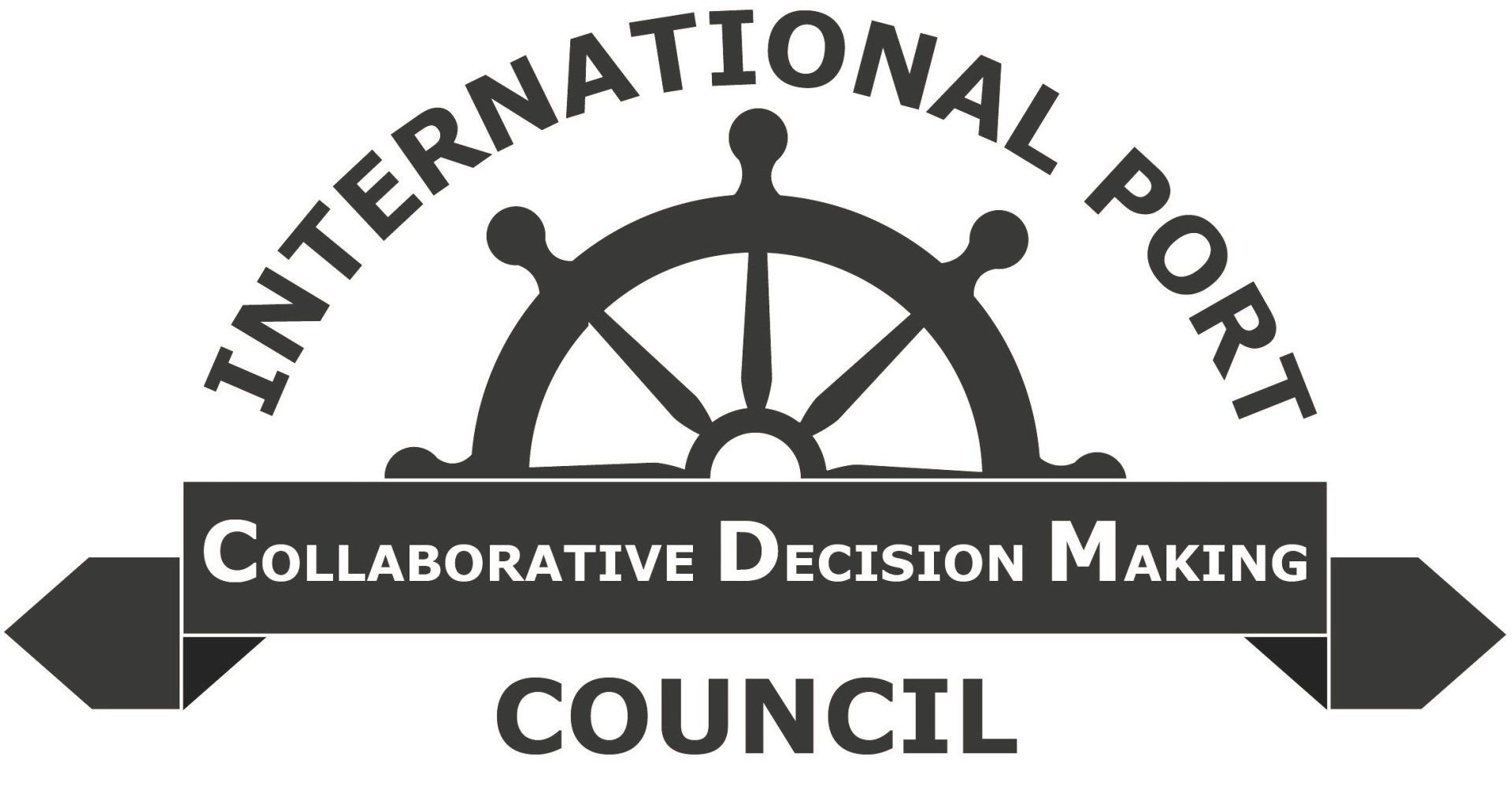The international PortCDM Council
Highly inspired by the airport CDM council, the PortCDM council with its global reach, aims for establishing the necessary overarching guidelines, processes and procedures to make PortCDM a successful international concept to improve maritime transport as it relates to Port operations and Ports interaction with ships.
The PortCDM (Port Collaborative Decision Making) concept is implementing processes and procedures as well as the technical infrastructure for the stakeholders at a given port to synchronized approaches and fast turn-around times for visiting vessels by standardized, safe, and secure communication in real-time. Information on intentions of future actions, as well as information about completed actions shared by involved port call actors, is the basis for enhanced coordination among them, resulting in efficient just-in-time operations. Data sharing between the different actors in a port call improves their situational awareness and planning.
Given that port operations may be vastly differ between individual ports, the focus of PortCDM is locally driven. It should be developed with local stakeholders. However, ports are hubs within the international maritime trade context and cannot be looked at separately, especially once you put the ship in the centre of the action. It is essential that a common framework is defined, which allows for greatest customization to meet each port’s specific needs, and provides enough standardization that ships can move from port to port and best utilize the different implementations of PortCDM.
The STM concept is based on standards and services with open interfaces. The concept will develop over time and this process needs to be governed. The PortCDM council is the first governance body released building on the necessity to maintain standards to provide trust for future proof solutions to different service providers and users within the maritime ecosystem.
Initiated by Mikael Lind and Michael Bergmann, the organization has grown and matured since the first initiation meeting on January 31st 2017 during e-Navigation Underway International and the official inauguration Conference Call on March 29th 2017. Confirmed participants include organizations recognized as IGOs and NGOs by IMO, shipping organizations and ports, related companies as well as industry wide recognized experts in the affected maritime domain.
In the 60s the standardised container revolutionised shipping. The next revolution is the containerisation of information – creating a safer, more efficient and environmentally friendly maritime sector.

